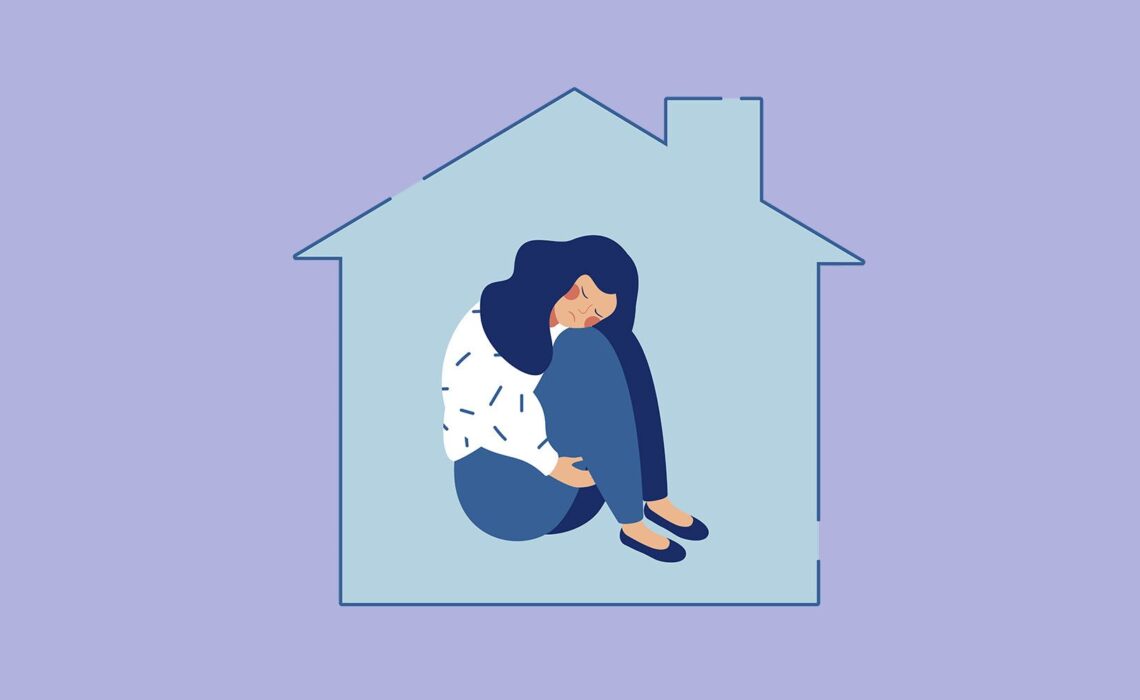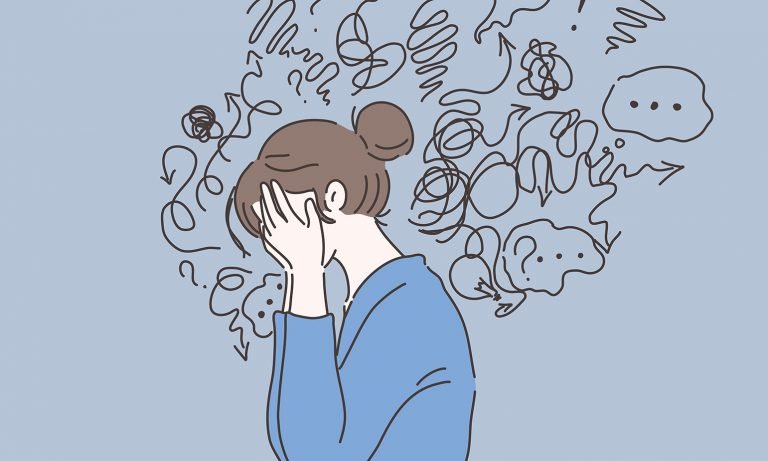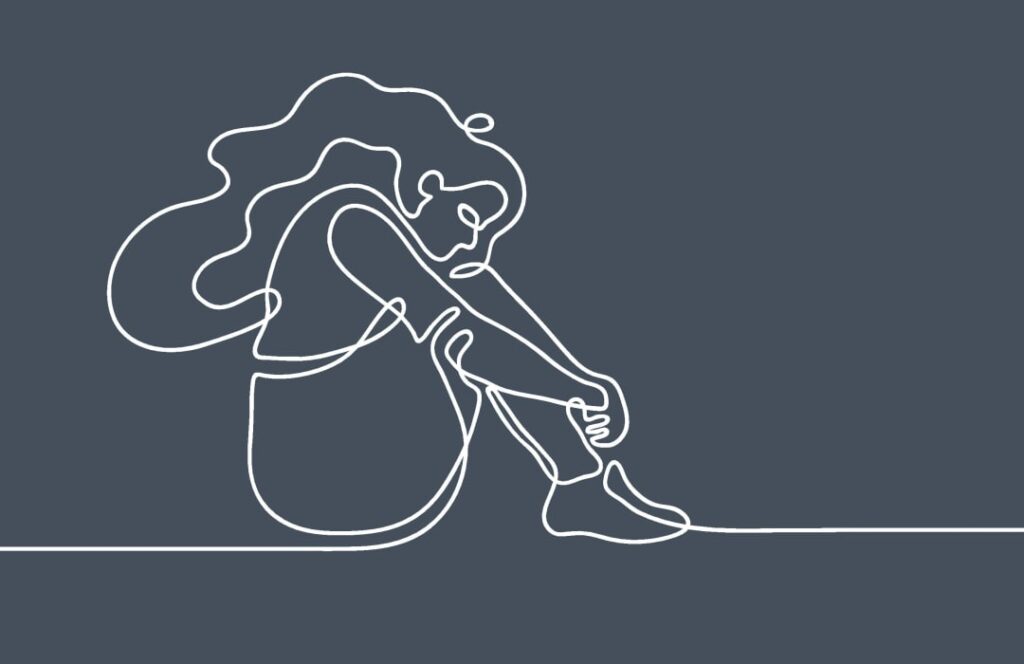
In certain aspects, the past nine months were unparalleled and overwhelming. There have been cumbersome worries of catching COVID, health problems, tension, disturbances, social isolation. The lockdown also caused many to quit their jobs, work in ways they weren’t used to or for longer hours, stay away from friends, family, and live life in completely different manner.
The lockdown brought about a global mental well-being crisis for individuals. In times of pandemic, more and more individuals reported experiencing stress, experiencing blues and finding it difficult to preserve their mental health. In the last few months, Google mental health searches have spiked. One of the mental illness that has been at rise amongst others is Anxiety.
Anxiety is a sense of nervousness, fear and worry about an event or circumstance. It is a natural stress response. It allows you to remain alert for a difficult job situation, prepare harder for an exam, or stay focused on a substantial work. It helps you cope in general.
There are an endless number of human issues that trigger normal anxiety. Life gives us the experience of many “firsts” that trigger anxiety, such as a first date, the first day of school, the first time away from home. There are also many significant life experiences as we pass through life, both good and bad, that cause varying amounts of anxiety.
While it is very clear that anxiety is natural and even helpful, it becomes a problem for many people. The key difference between normal anxiety and Anxiety disorder is the cause and the severity of the experience.
Women are approximately twice more likely to suffer from Anxiety as compared to men.

Now the question is, why are women more likely to suffer from anxiety than men?
It may be because of variations in the physiology of the brain and changes in hormones. Reproductive activities in the life of a woman are related to hormonal changes that have been linked to anxiety. The rise of estrogen and progesterone during pregnancy can increase the risk of obsessive-compulsive disorder, marked by upsetting and repetitive thinking, distressing and destructive impulses and obsessions. But women and men, in addition to biological processes, seem to perceive and respond differently to events in their lives. Women tend to be more vulnerable to stress, which may boost their anxiety. Also, women and men tend to use various coping mechanisms when dealing with stressful circumstances. Women are more likely to ruminate about life stressors, which may increase their anxiety, whereas men are more likely to engage in productive, problem-focused coping mechanisms.
A mixture of nervous thoughts or beliefs, physical symptoms, and changes in behavior are encountered by women with anxiety disorders, including avoiding daily tasks they used to do. There are various signs of each anxiety disorder. They all contain a fear and dread about stuff that might happen now or in the future.
Weakness, shortness of breath, accelerated heart rate, nausea, disturbed stomach, hot flashes and dizziness may be some of the physical symptoms of Anxiety.

Has Lockdown Anxiety got to you too? Here are few tips through which you can cope up with it.
- Focused Deep Breathing exercises
- Use Aromatherapy
- Meditate for 15 minutes daily
- Do Yoga or Light Home Workouts
- Write down your negative thoughts so that you can vent and not act impulsively
- Limit your exposure to news and media to prevent stressing from current scenario
- Stay connected with your friends and family
- Reduce the usage of caffeine and alcohol as they induce anxiousness
- Find a hobby like painting, dancing, cooking, gardening, etc and practice it, it will help you escape anxiousness,
- Take care of your mental well-being during the pandemic.

